COVID-19 is an emerging disease and hence effective pharmaceutical interventions are not expected to be available for months. Nonpharmaceutical interventions (NPIs) are therefore essential components of the public health response to outbreaks. These include isolating ill persons, contact tracing, quarantine of exposed persons, travel restrictions, school and workplace closures, and cancellation of mass gathering events. These containment measures aim to reduce transmission, thereby delaying the timing and reducing the size of the epidemic peak, buying time for preparations in the healthcare system, and enabling the potential for vaccines and drugs to be used later on.
Three major non-pharmaceutical interventions were taken to mitigate the spread and reduce the outbreak size of COVID-19 across China. First, inter-city travel bans or restrictions were taken to prevent further seeding the virus during the Chinese New Year (CNY) holiday. The second group of containment measures involved improving the screening, contact tracing, identification, diagnosis, isolation and reporting of suspected ill persons and confirmed cases. Third, inner-city travel and contact restrictions were implemented to reduce the risk of community transmission.
These social distancing policies encouraged people to stay at home as much as possible, cancelled or postponed large public events and mass gatherings, and closed libraries, museums, and workplaces. This involved limiting individual social contact, using personal hygiene and protective measures when people needed to move in public, and increasing the physical distance between those who have COVID-19 and those who do not.
Implementation of Non-Pharmaceutical interventions has to be very timely and it gives countries to take advantage of the window of opportunity to save lives and minimize the economic and social impact. The best available scientific evidence is therefore required to design effective NPI strategies and disseminate this knowledge urgently to help policy makers assess the potential benefits and costs of NPIs to contain COVID-19 outbreaks.

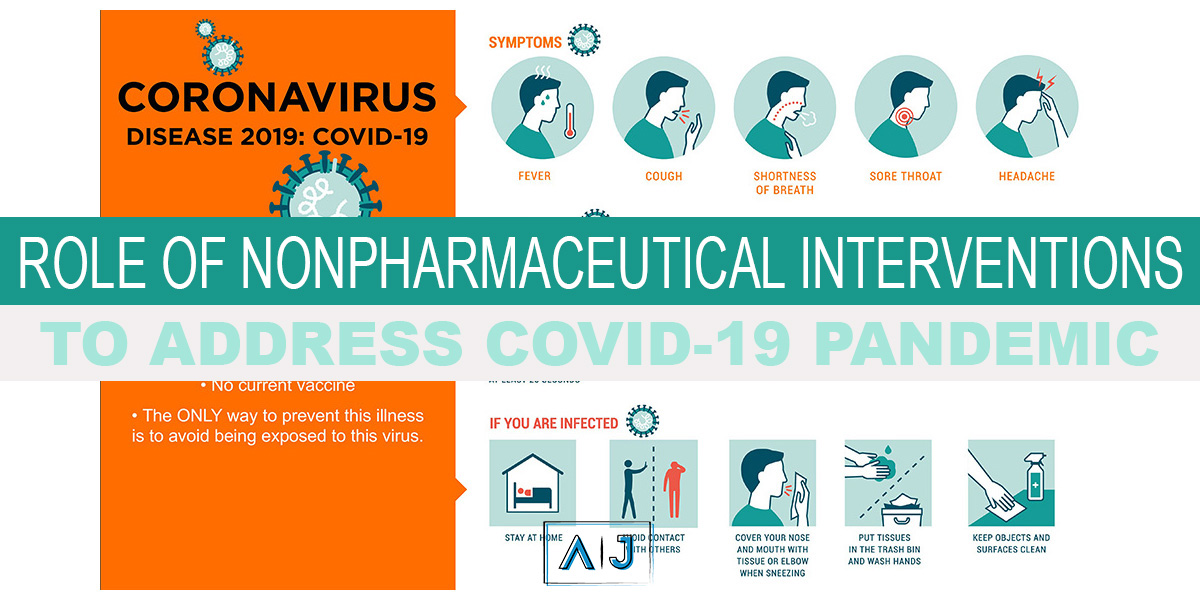





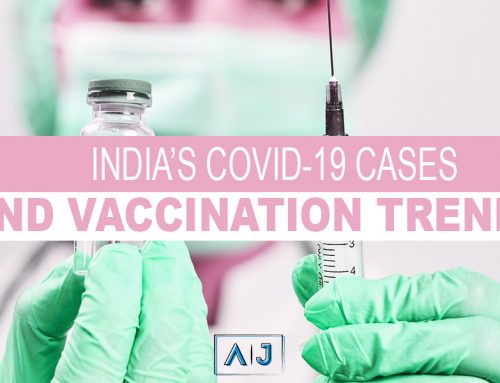
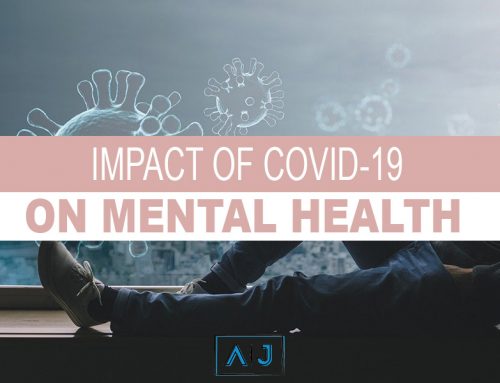
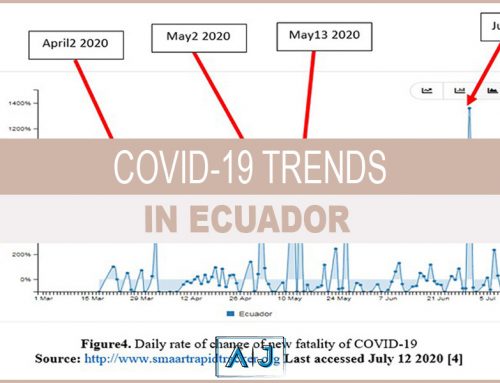
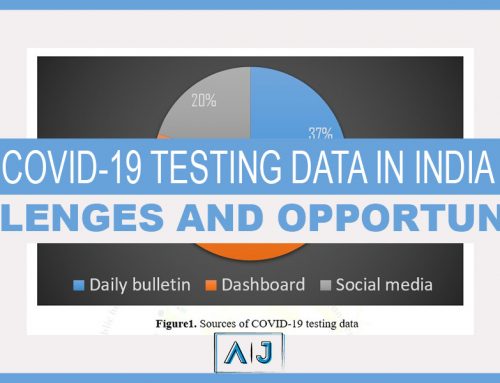
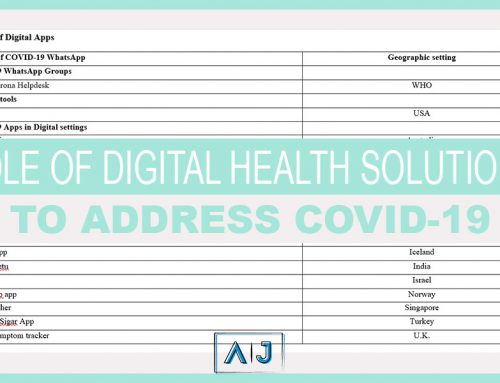
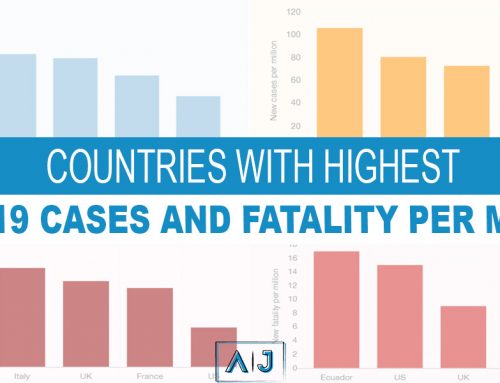
Leave A Comment